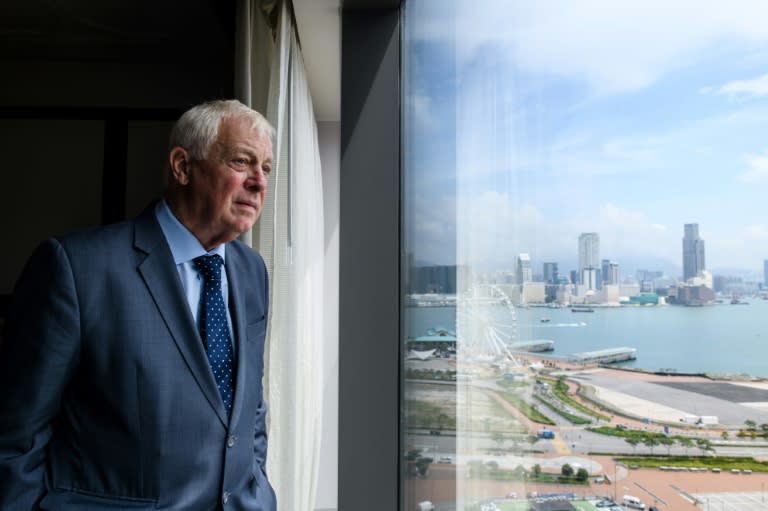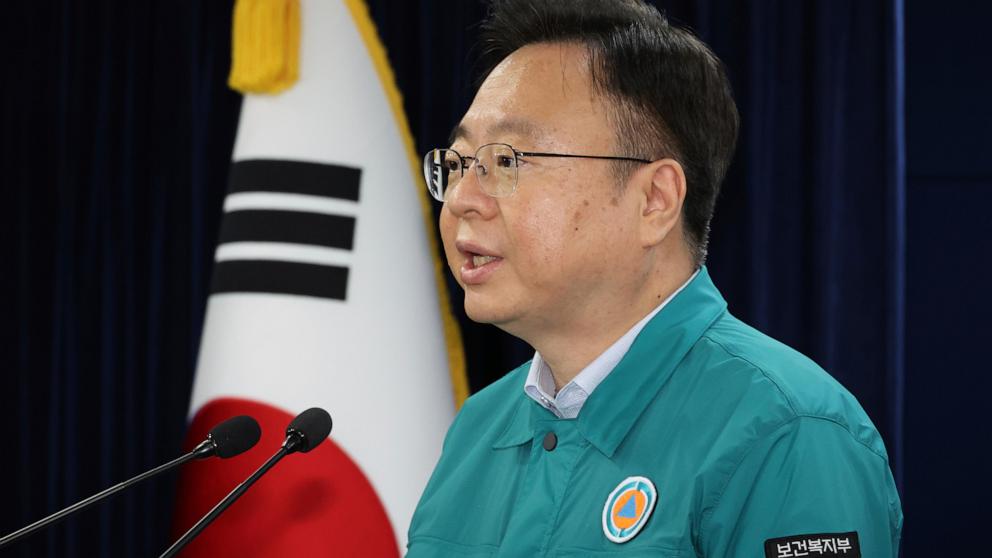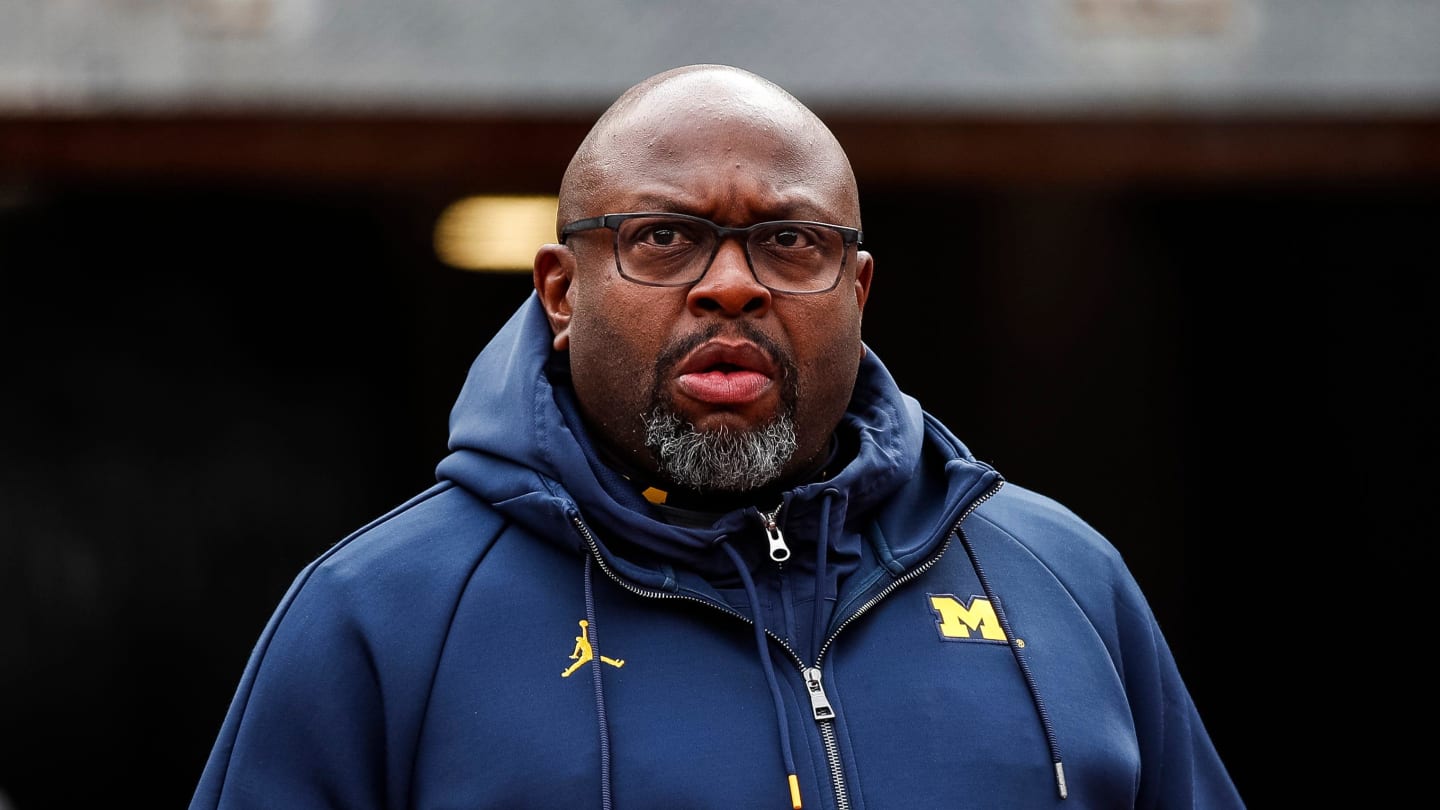Patten on pancakes and the future of Hong Kong

In a suite at the Mandarin Oriental hotel on Hong Kong’s harbour, Chris Patten is busy slogging through a series of interviews before an important visit from his tailor. Having recently lost weight, he needs new suits and would rather order them in the city known for its fast and affordable couture than have them altered in London, he says. Hong Kong’s last British governor earned the affectionate nickname “Fat Pang” during his five-year term and was known for his penchant for the ubiquitous egg tarts. Twenty years after he set sail on the Royal Yacht Britannia when Hong Kong was handed back to China, he frequently expresses his deep affection for the place, which is still reciprocated by some residents of the semi-autonomous city. To Beijing’s ire, Patten pushed a democratic agenda during his time at the helm and regularly stresses the importance of citizens being in control of their own affairs in the face of an increasingly assertive China. Yet his many speeches on this trip seemed to be marked by more frustration than in the past. In recent months, four pro-democracy lawmakers have been expelled from the city’s parliament and three activists, including student leader Joshua Wong, have been jailed for their role in a protest that sparked huge rallies by the Umbrella Movement for Democratic Reform in 2014. Speaking to AFP, Patten described the current political atmosphere as “toxic” and blamed the government’s failure to engage in dialogue with democracy activists. “I think the fact that that hasn’t happened has meant that the atmosphere is more toxic today than I’ve ever experienced and people seem more anxious about the future,” he said. – China threat – Patten has long regretted Britain’s failure to push China towards a more democratic system before handing over power, and says recent events have reinforced that feeling. The city has a partially directly elected parliament and a chief executive chosen by a committee loyal to Beijing. Chinese restrictions on promised reform of that system sparked the 2014 demonstrations. Patten says Chinese authorities should not ignore how their behavior toward Hong Kong is perceived and should care whether people believe them when they make promises. Otherwise, “more difficult times” will be ahead in terms of trade and other relations. Fear of consequences from Beijing has backed the city into a corner when it comes to bridging the gap with activists, he says. “Some people are afraid that if they propose dialogue, the Communist Party will turn its back on them,” he says. That unwillingness to engage has led some frustrated activists to demand independence, which has enraged Beijing and local authorities. Patten also criticized the Hong Kong government for its weak response to two suspected Hong Kong kidnappings by Chinese agents – one of a bookseller known for publishing salacious titles about Chinese political leaders, the other a mainland tycoon who disappeared from the Four Seasons hotel. “Where was the outcry from the government or anyone else then?” he says. – A beautiful place – Patten is in Hong Kong to promote a new memoir, First Confession, which deals with politics and identity – the heart of the city’s divisions. While Beijing demands loyalty and warns against any challenge to its sovereignty over Hong Kong, many young activists feel distanced from the mainland and are developing a growing sense of local identity. Patten has repeatedly said he does not agree with calls for independence but believes there should be room for individual values. “I don’t think Hong Kong people have to define their Chineseness in the same way that a member of the Communist Party in Beijing would feel obliged to do so,” he told AFP. A box of egg tarts sits on a table in his hotel suite. “I couldn’t necessarily eat the tons of egg tarts I’ve been given over the years, not least given my girth, but yes, I love egg tarts,” he says. Patten looks out the window and says he wishes he had time for a walk in the mountains. He describes Hong Kong as “a much more beautiful place than some people think.” Despite the current political climate, he is encouraged that young people who weren’t even born when he was governor believe passionately in democratic values. The city’s freedoms and rule of law have helped make it a “decent and successful place,” he says. “I hope it stays that way.”



